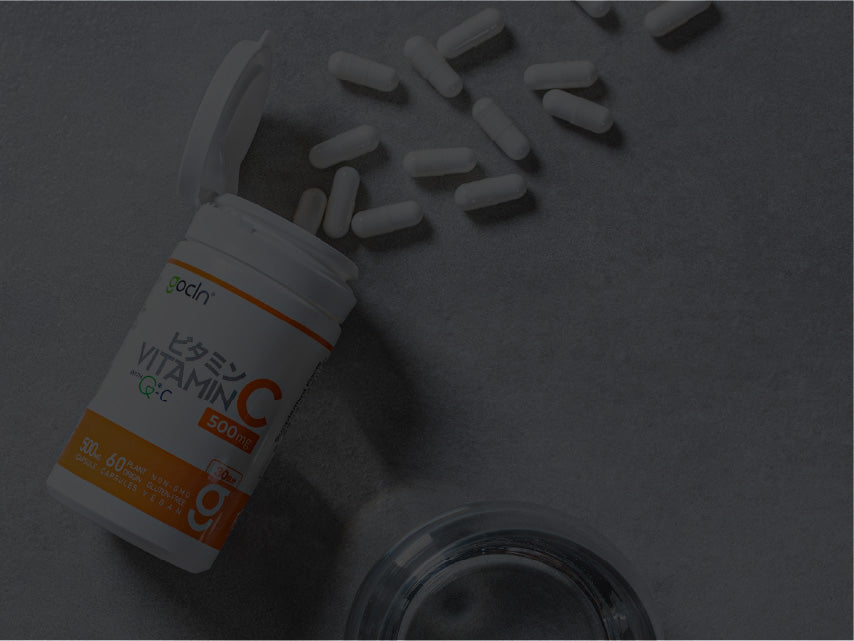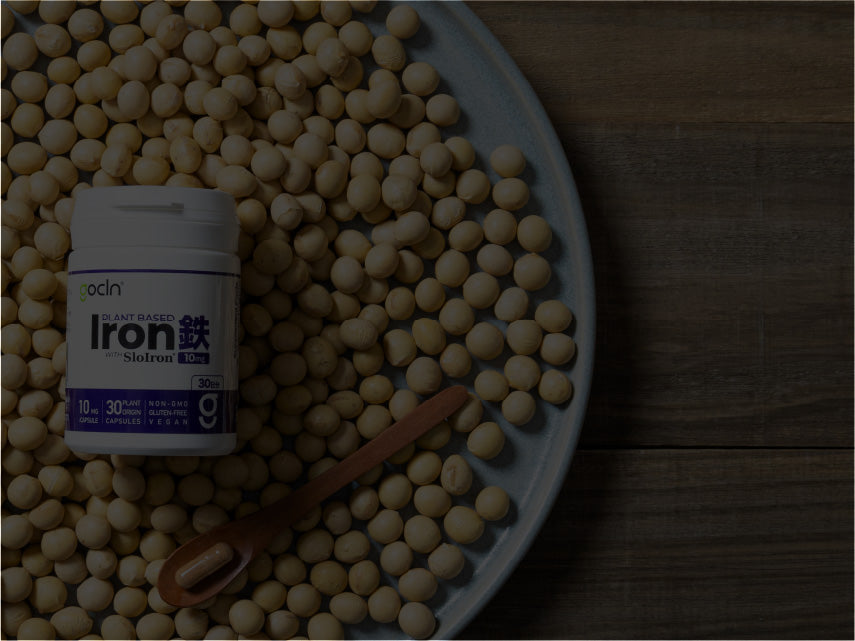Chaga Mushroom benefits against Parkinson disease.
Gunjima K et al. J Cell Biochem. 2014 Jan;115(1):151-60
Abstract
Oxidative stress is implicated in the pathogenesis of various neurodegenerative diseases including Parkinson's disease (PD). 3,4-Dihydroxybenzalacetone (DBL) is a small catechol-containing compound isolated from Chaga (Inonotus obliquus [persoon] Pilat), and has been reported to have beneficial bioactivities, including antioxidative, anti-inflammatory, and anti-tumorigenic activities, with a relatively low toxicity to normal cells. We, therefore, investigated the neuroprotective activity of DBL against the PD-related neurotoxin 6-hydroxydopamine (6-OHDA). Pretreatment of human neuroblastoma SH-SY5Y cells with DBL, but not with another Chaga-derived catechol-containing compound, caffeic acid, dose-dependently improved the survival of 6-OHDA-treated cells. Although DBL did not reduce 6-OHDA-induced reactive oxygen species in the cell-free system, it promoted the translocation of Nrf2 to the nucleus, activated the transcription of Nrf2-dependent antioxidative genes, and increased glutathione synthesis in the cells. Buthionine sulfoximine, an inhibitor of glutathione synthesis, but not Sn-mesoporphyrin IX, a heme oxygenase-1 inhibitor, or dicoumarol, an NAD(P)H: quinone oxidoreductase 1 inhibitor, abolished the protective effect of DBL against 6-OHDA. Furthermore, DBL activated stress-associated kinases such as Akt, ERK, and p38 MAPK, and PI3K or Akt inhibitors, but not ERK, p38, or JNK inhibitors, diminished DBL-induced glutathione synthesis and protection against 6-OHDA. These results suggest that DBL activates the Nrf2/glutathione pathway through PI3K/Akt, and improves survival of SH-SY5Y cells against 6-OHDA toxicity.
Resource from https://www.ncbi.nlm.nih.gov/pubmed/23959789




